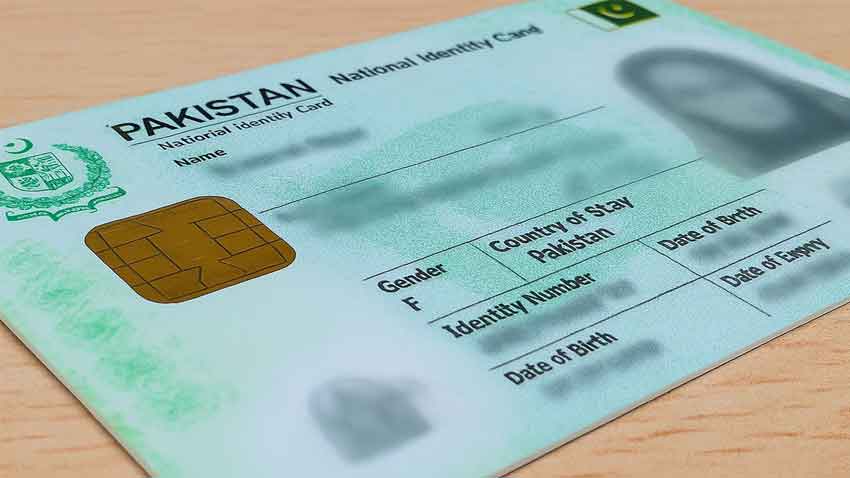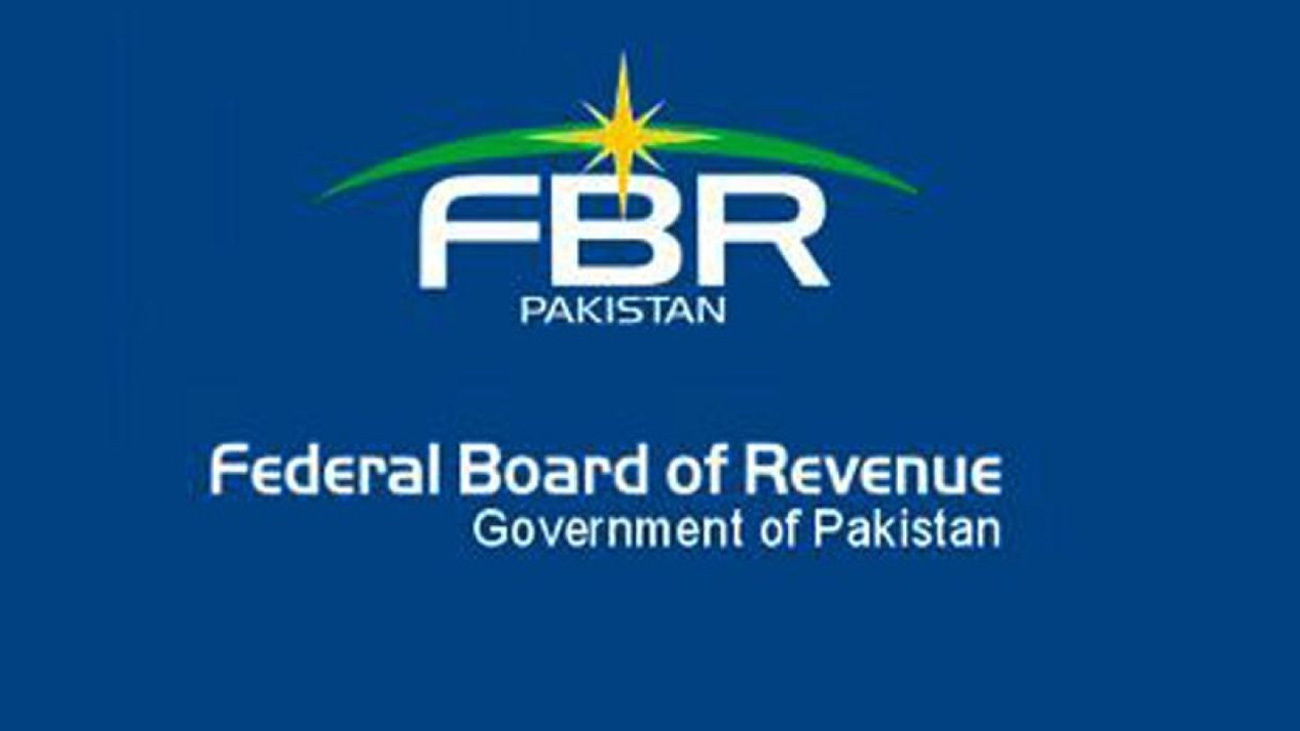
The government’s focus on developing human capital, with over 350,000 youth trained through joint programs with PSEB, Ignite, NAVTTC, HEC, and global tech leaders like Google, Huawei, and Microsoft, she said, announcing the re-launch of the DigiSkills program to expand digital training nationwide.
She credited the achievement of $4.6 billion in IT exports to a unified national strategy led by the government and supported by the Special Investment Facilitation Council (SIFC) and allied institutions.
Speaking to the media, the minister said, “This success is the result of close coordination between the civilian and military leadership, along with contributions from PTA, Ministry of Finance, Planning Commission, USF, Ignite, and PSEB, all working together to support the IT sector.”
She detailed that the IT Ministry has launched 43 new co-working spaces and 23 Special Technology Zones in the last year, taking the total number of tech parks to 44. These facilities now house over 18,000 professionals engaged in freelancing, remote work, and tech startups.
She also announced government-backed incentives to expand these spaces into Tier 2 and Tier 3 cities through interest-free loans. “We’ve already seen a major investor enter the co-working space sector,” she added.
Read more: Electric cars will be affordable for common citizens soon: Here’s govt’s plan
On international outreach, she said the Pakistan Software Export Board (PSEB), in collaboration with the Trade Development Authority of Pakistan (TDAP), participated in over 20 global tech expos, boosting the visibility of Pakistani startups. “Every dollar spent returned $50 in business commitments,” she added, citing branding campaigns in Toronto, Dublin, London, Riyadh, and Dubai under banners like Think Tech and Think Pakistan.
In terms of global connectivity, the minister said two of the world’s largest submarine cables — 2Africa and Africa-1 — landed in Pakistan this year, with a third expected soon. These cables will increase internet bandwidth and lower latency. Pakistan also began routing Chinese data through Karachi under what she termed “CPEC 2.0,” aimed at expanding connectivity to Central Asia and making Pakistan a central data corridor.
She also shared that Pakistan has moved up 14 positions in the UN’s E-Government Development Index. “All 40 federal ministries now use e-office systems. Paper use is almost eliminated except in highly confidential files,” she said, noting that over 50% of attached departments have also adopted digitised operations.




